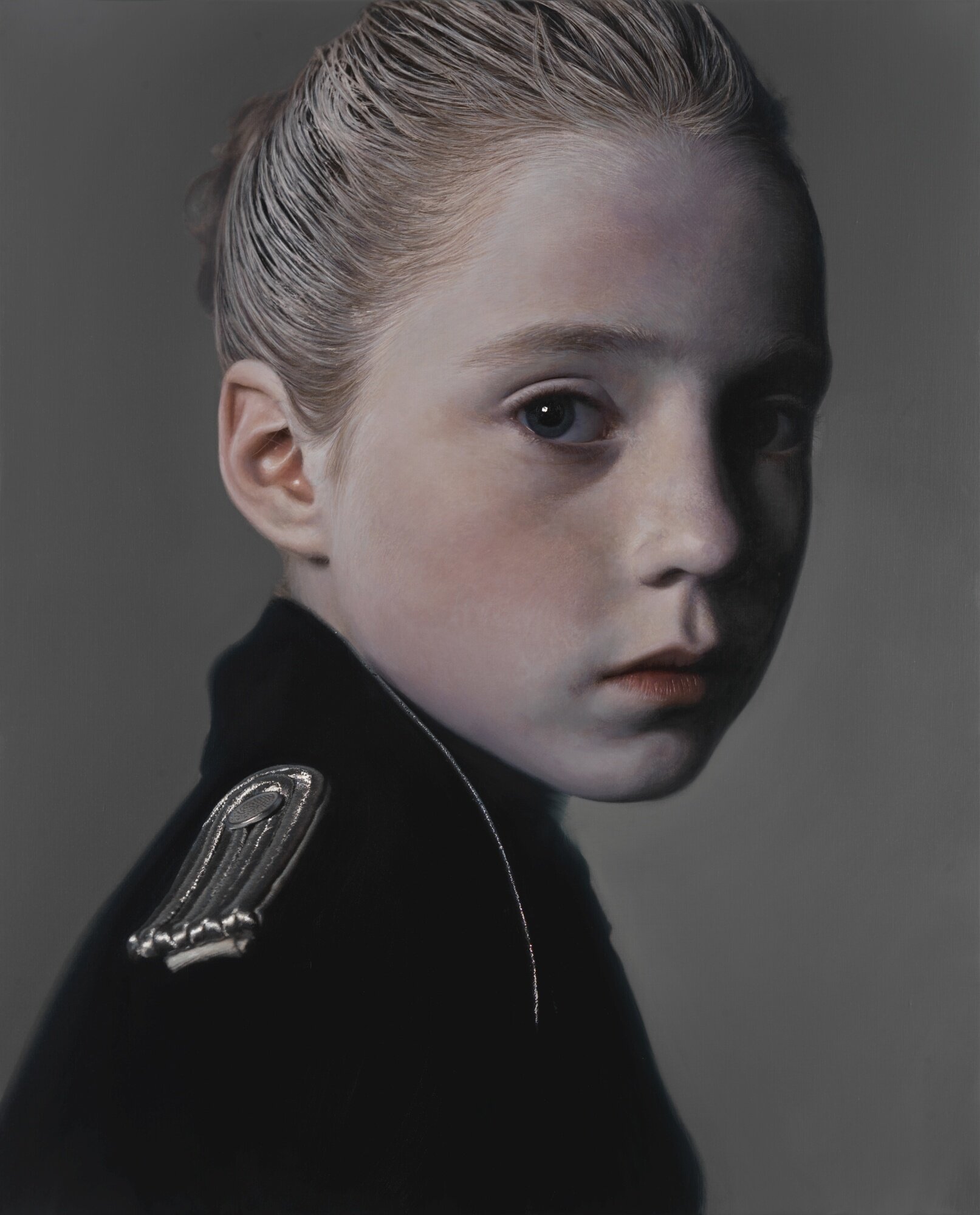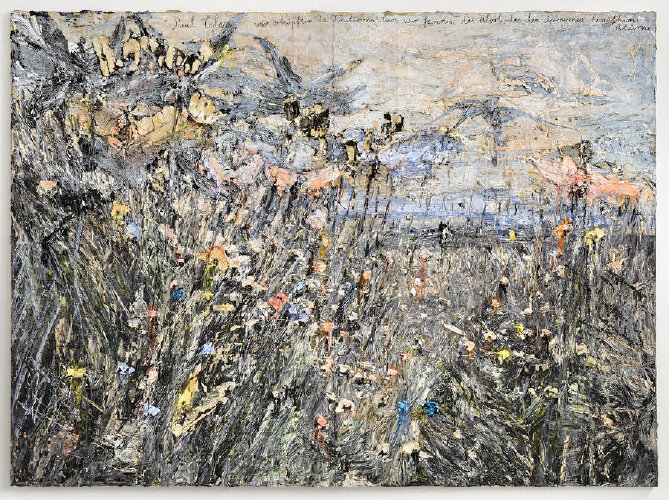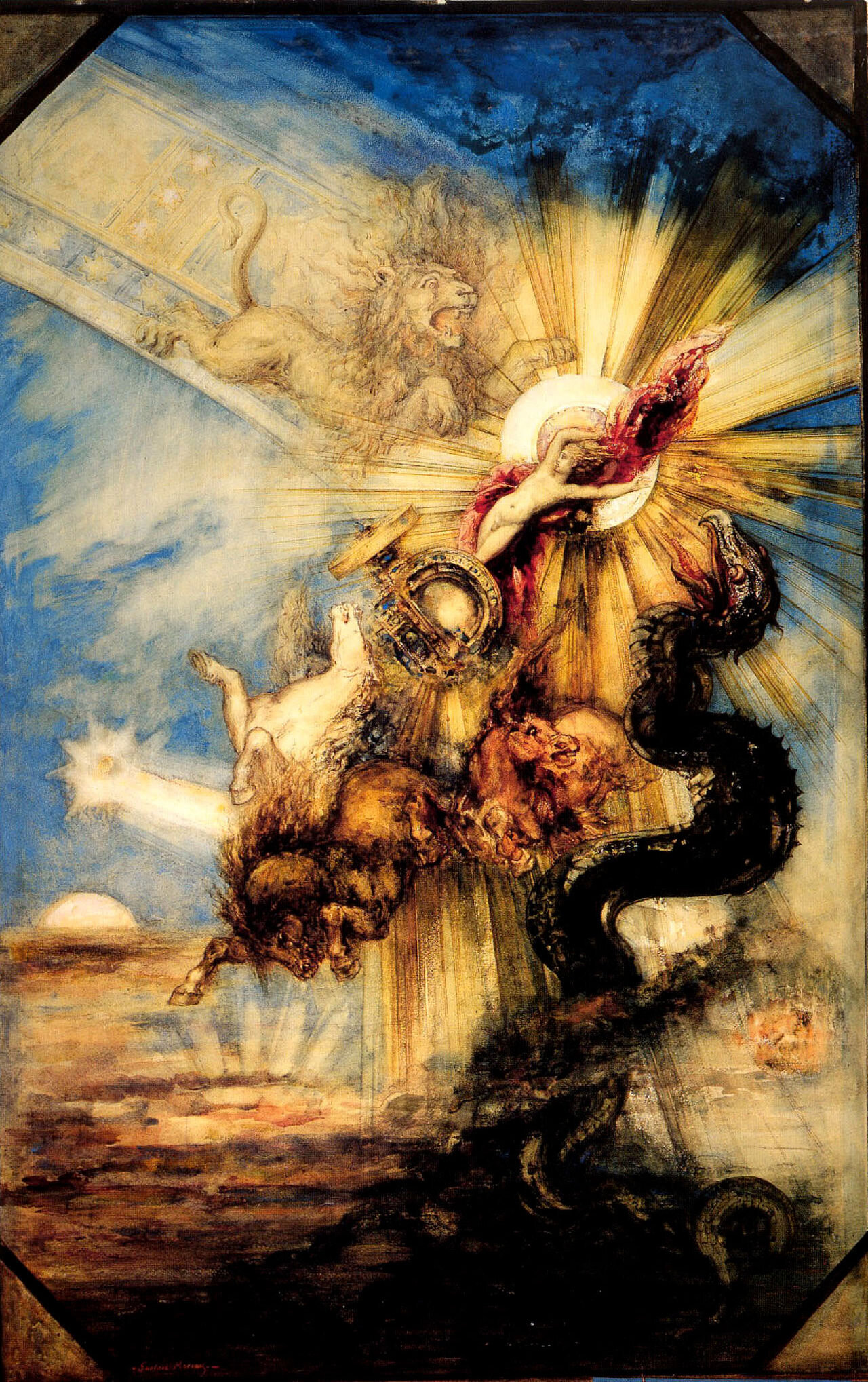Are we in a chain gang chorus?
Is emptiness fulfilled when the Given’s giving for us?
Pools of sweat evaporate and fill the clouds,
Pushing cool winds across our brows;
Yet our thirsting minds remain unsated, porous.
Aloft in a powdry mix of dust and ash,
Fragrant burnt wings gleaming like embers collapse.
On fakery
Part 1
I listen to the voices sing a sacred hymn by Tchaikovsky and what I hear that is distinctly human in the music is the tearing through the veil; ghostly voices are composed individually, then joined together by an author who sends them through fabric. I hear them singing into a space—some place—and through the gaps they open up for me, I can see into that space for a moment.
What Heidegger tried to do and what Deleuze tried to do—making reality only what is imminently before us, only graspable in its readiness to hand, etc.—was out of the same desire that I myself had some years ago: to simplify life by eliminating everything that wasn’t of immediate necessity (i.e., what I couldn’t control) and leaving only those things that could at the very least be grasped and defined.
In our time, humanity lives for its own expressivity at the advent of new media which allow us some anonymity to our interactions. We can express our intimate selves without the shame or risk of violent reaction. And how do we appreciate this in the right way? By understanding that the new expressivity doesn’t change universal truths but reveals new aspects of them that are still entirely human and still entirely part of God’s creation.
They had Chopin, now we have Sigur Ros. They had the vision of one artist, but now it is a collective vision of the world by the world that says ‘we can share this’ but too often does so by missing the trees for the forest; that is, we forget what is lost or sacrificed willingly by the individuals in a group effort for the sake of the emergent vision rendered by the group together only—impossible to create as one member alone.
We express ourselves anonymously and silently harbor resentment that builds and builds within each of us. It’s a false meekness that should be exposed for its falseness; it is the ‘harmlessness’ in our very manner of speaking. We begin our sentences with “So, what I think what I’m trying to say is…” Fake cautiousness and timidity are the standard way of declaring anything we fear may threaten the emergent picture of the whole party’s collective self-expression which, of course, must be protected.
Here’s Simone Weil (until I think of more to say): “Celui qui est tout en bas, que personne ne plaint, qui n'a le pouvoir de maltraiter personne (s'il n'a pas d'enfant ou d'être qui l'aime), sa souffrance reste en lui et l'empoisonne. Weil, Simone. La Pesanteur et la Grâce: suivi de Attente de Dieu (French Edition) (Emplacements du Kindle 125-126). philaubooks. Édition du Kindle.
Part 2
The gargoyle’s grimacing face makes it look as though it’s trying to break free from the building to which it’s attached—or, rather, from which it sprang (it doesn’t know which but knows that it is separate from its source). And the artist who fashioned it struggled too; he struggled to know that he was also close-yet-infinitely-far from breaking free of his own constraints. The artist knew that he could not do so any more than a man could leap his own shadow.
The artist struggles to wrest himself from the rock from which he was hewn: his source and content. He sees the edifice from which he is jutting out and because he recognizes it, he also knows there must be a space into which he extends himself (but that he cannot join that space because it is as infinitely distant as color is to the congenitally blind). Yet he reaches anyway, because he knows that he is reaching towards something. And his work is received—just as the gargoyle is received: both reaching into the still night; somewhere someone hears an echo.
I spent the first twenty-five years of my life with shifting loyalities imposed on me under the demanding rubric of pious submission to automata, each with their own shallow, inhuman, and vague sets of ideas about what the business of living was. This wasn’t drudgery because I could never stand to stay under the thumb and sickening gaze of any of these orders long enough to consent to expose my mind to their machinery; I ran like hell from place to place and it was hell but not because of the running. Each would shake their head in disbelief, distrust, or damning sympathy, wondering if there was something wrong with me (though they’d never seen me).
When I looked out at the world, I saw more and more of the horizon. That higher vision became entangled with the mundane reductions of everyday life which I came to resent. I wanted only to see the infinite; and though I was told to count my way through to it, all I could manage was a stream of digits that blurred on either end.
I lingered on one of these for only a moment before it would be by that damned horizon. At either end, I knew that the story continued; I could travel in either direction and there would be a space to travel into. That was the source of my wonder, and I was awestruck by the fathomable distances that they (pretended to) fathom. The glory of the instant was subject to the sovereignty of the infinite and I was always aiming at glory, deification, and not the bare reification of particular images, loves, cares, or fleeting desires. I thought I was always windswept. How romantic.
This mode of thinking was evidence that I had let-in the trends of the age, the spirit of the age, and let them command my voice and my actions. No matter where I went, that spirit followed. It haunted me. When I listened to music from my favorite bands, I was led into a room full of that spirit; I didn’t see individual faces but I felt their presence. Neither is classical music (despite the orchestra) communal; it’s solipsistic because that’s what it does to us: it sends us into ourselves where we are satisfied if not overwhelmed by the detail of the nominal world we see in all its variegated colors and forms. Whatever the music draws us to see and hear is unpopulated by people; we admire the movements, the artistry, and we follow the signs to their objects but the objects are our objects and not anybody elses; the signs are our signs and not universal symbols—they point us to things of beauty but we cannot participate.
Well, there’s all of that. Pretty big talk for a guitar player. But then—there’s no replacement for the mystique that gives a rush: it’s a turn and a smile at the shared expectation that this moment will some day be nostalgic for each of us as we go on living in our separate worlds.



